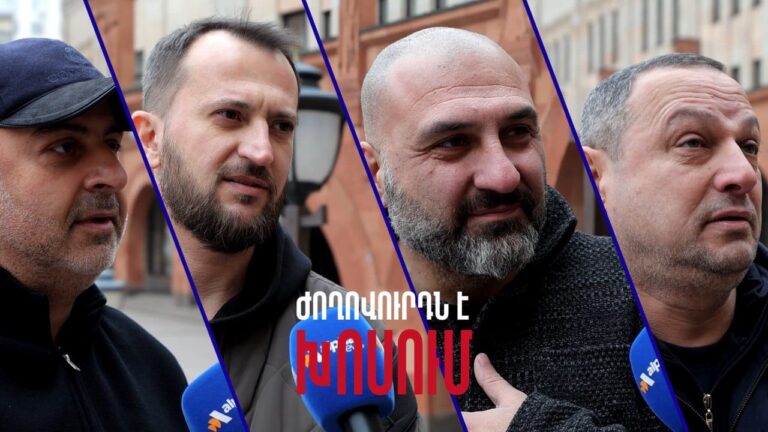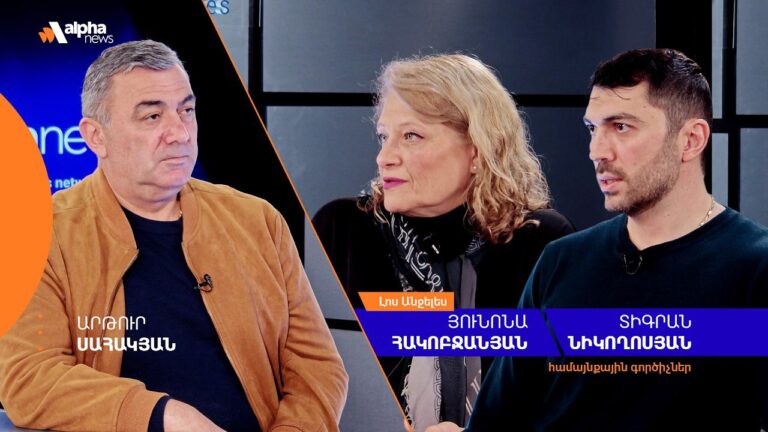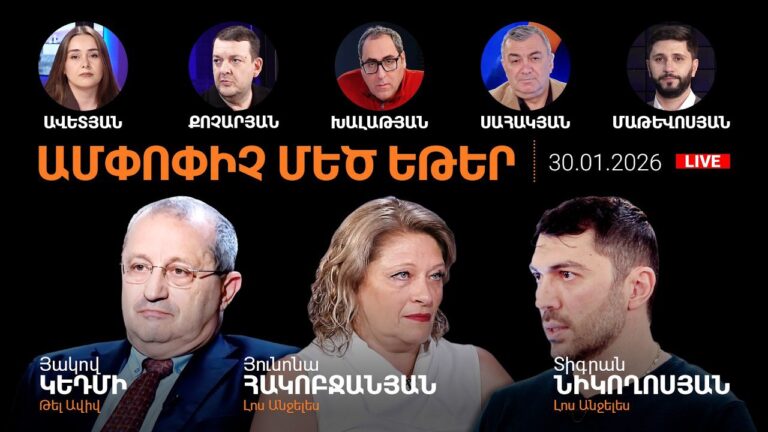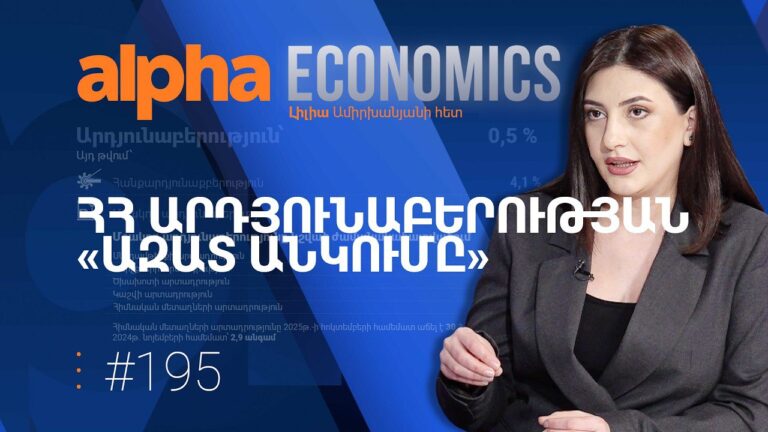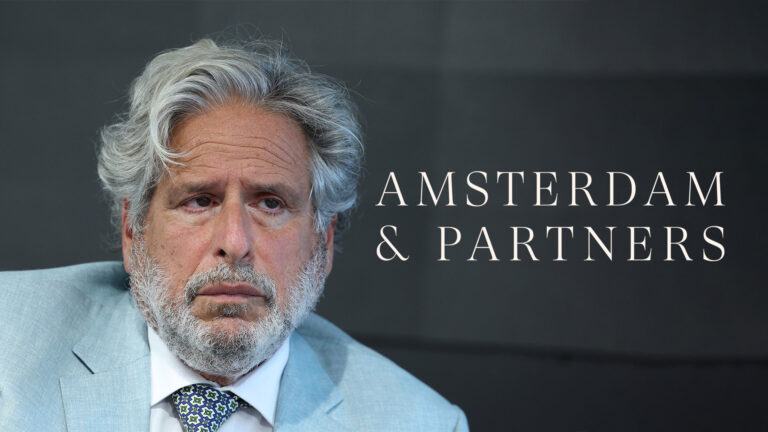Putin and Overchuk confirmed the November 9th document is still relevant and the topic of Artsakh is not closed
September 17 2024, 12:20
Coincidences in politics are quite common, but it is hard to believe that in a situation where the latest phone conversation between Nikol Pashinyan and US Secretary of State Antony Blinken took place in April this year, a new phone call between politicians takes place “quite by chance” the day before the visit of Russian Deputy Prime Minister Alexey Overchuk to Armenia. Pashinyan and Blinken had a phone call on September 12, and Overchuk arrived on September 13. It will not be surprising if it turns out that Blinken knew about the upcoming subject of Yerevan-Moscow talks before Overchuk.
The Russian Deputy Prime Minister again noted that communications between Armenia and Azerbaijan can be opened as part of the agreements of November 9, 2020. “Russia is always ready to join this process and is ready to help, based on the principles of sovereignty, territorial integrity, and jurisdiction of Armenia,” he said.
Add to this the statements by Russian President Vladimir Putin made at the end of the summer in Baku, when he told Ilham Aliyev that Moscow would be glad if it could have done something to sign a peace treaty on Karabakh, and it becomes clear that the topic of the Nagorno-Karabakh Republic is not closed for Russia, and the November 9th document continues to be relevant and systemically important in the context of events in our region. However, it is also clear that without Yerevan’s initiative, neither the issue of unblocking communications within the framework of preserving sovereignty, nor the issue of a just solution to the Karabakh problem can be solved.
Speaking of communications, we would like to emphasize once again that the opening of communications, and with full preservation of Armenia’s sovereignty, was again mentioned precisely in the context of the 2020 declaration.
And here is a question for Nikol Pashinyan personally: does he want to preserve sovereignty if he refuses to implement the November 9th document? Can there be a reasonable doubt that the Armenian authorities are not against the loss of sovereignty over communications? Apparently, they only want to give control over communication to the geopolitical player, whom they see as their own guarantor, based on domestic political considerations and the desire to obtain guarantees of personal security and the preservation of power. It can be Washington, London, Brussels, or even Ankara and Baku…
Overchuk’s visit has another important aspect: remember how months earlier Nikol Pashinyan stated from the rostrum of the National Assembly that in the Russian government he communicates with the president, prime minister, foreign minister, but Maria Zakharova is not up to his level. Overchuk’s visit proves that official Moscow does not raise the level of political contacts with the Armenian authorities from the level of deputy prime minister. This is a very vivid evidence of how Moscow treats the current authorities…
Today, Nikol Pashinyan once again turned to the topic of the dilemma that the Armenian people allegedly face: to live fighting for Historical Armenia or to keep your belly full in Real Armenia? Let’s leave aside that Pashinyan again used the term “outpost”, hinting that Moscow turned Armenia into its foothold before his premiership, and note only that the presence of Artsakh, as part of Historical Armenia, provided a physical barrier against Azerbaijani troops to prevent them from dissolving Real Armenia.
Think about it…

